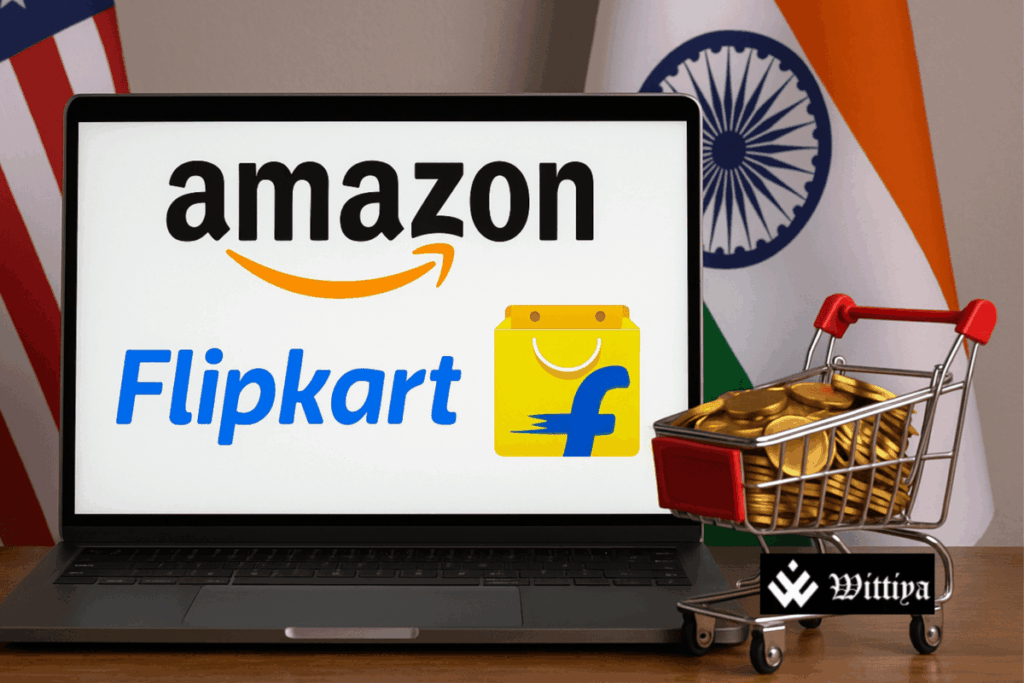The United States is seeking full access for American e-commerce giants like Amazon and Walmart’s Flipkart to India’s $125 billion e-commerce market. This request comes as part of a broader trade agreement. The U.S. is pushing for a level playing field, challenging India’s local-favoring regulations.
As part of a renewed push for a fast-tracked reciprocal trade agreement, the United States government is reportedly pressing India to fully open its e-commerce market to major American retail giants, Amazon and Walmart’s Flipkart. This demand is part of broader discussions between the two nations to enhance bilateral trade relations across various sectors, including food, automobiles, and retail. The U.S. wants a level playing field for its companies, particularly in India’s rapidly growing e-commerce sector, valued at $125 billion.
The push comes amidst ongoing trade talks between the two countries, with U.S. officials highlighting that India’s current regulations provide significant advantages to local companies. These policies are seen by some as restrictive for foreign players looking to gain a foothold in India’s booming e-commerce industry.
In particular, U.S. companies like Amazon and Flipkart (owned by Walmart) have faced challenges due to India’s complex foreign investment rules in the retail sector. The U.S. seeks to see these restrictions lifted to ensure that American giants can compete on equal terms with domestic competitors like Reliance Industries and India’s own e-commerce leader, Flipkart’s rival, Snapdeal.
The proposed trade agreement is being discussed with urgency, as both countries aim to leverage their growing economic ties. The U.S. sees the vast Indian market as an important opportunity, particularly as India’s digital economy continues to expand. Indian policymakers, however, are cautious, as many of these regulations have been put in place to support local businesses and ensure that foreign investments do not dominate key sectors of the economy.
U.S. Vice President JD Vance’s upcoming visit to India is expected to provide further clarity on the direction of these trade discussions, with both sides working to come to terms on a deal that would foster stronger economic relations while addressing concerns related to market access and fairness.
As these trade talks progress, industry leaders are closely watching how India will respond to the U.S. demands for full market access, given the complex interplay between local regulations and international trade dynamics.



